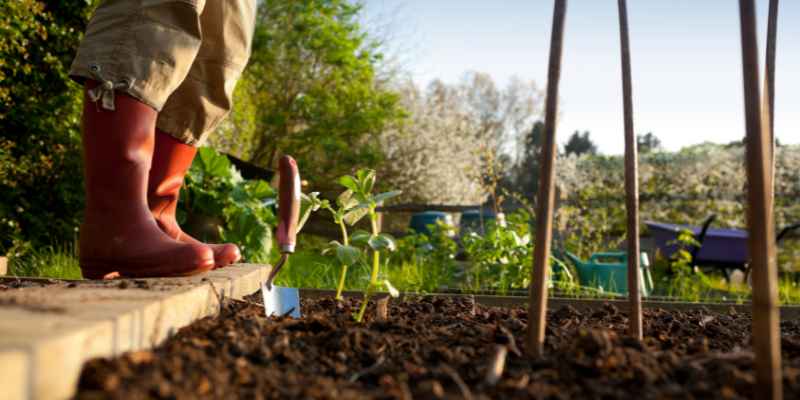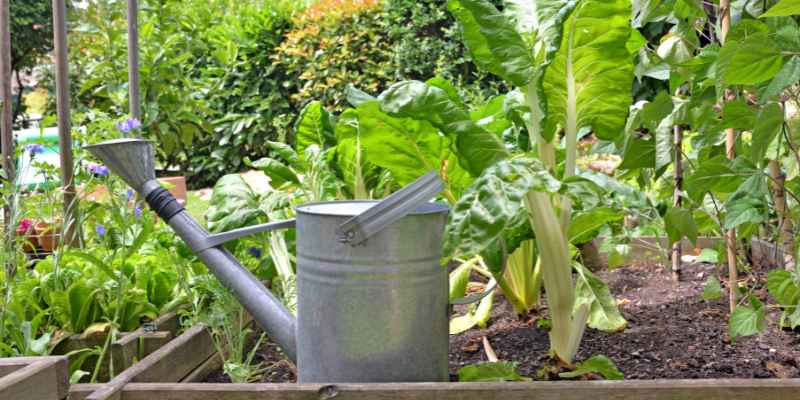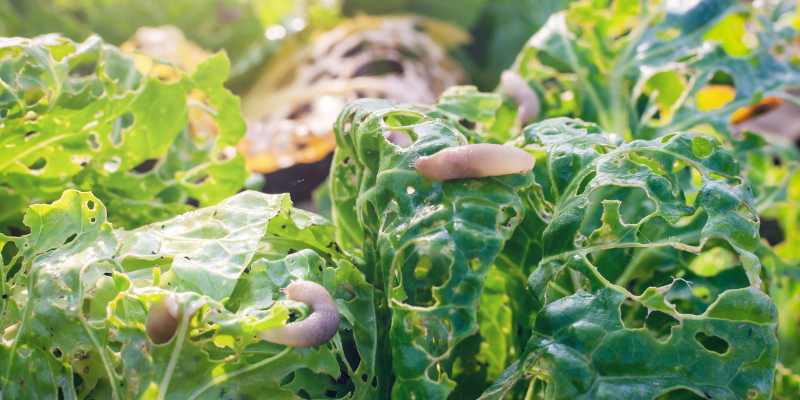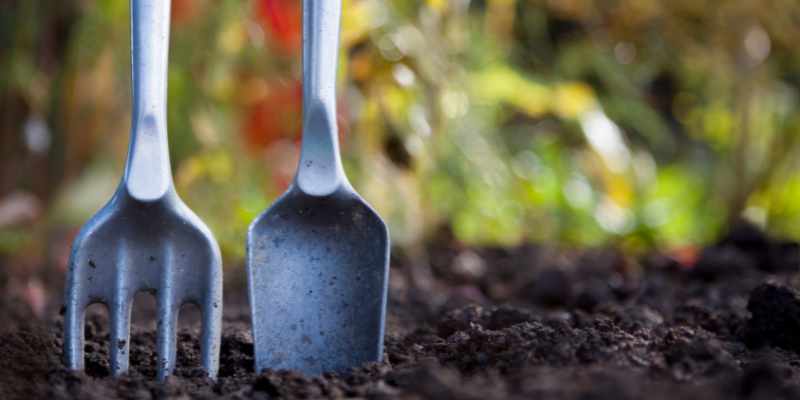Have you always dreamed of having the worst vegetable garden in the neighbourhood? Of seeing your neighbours frown as they pass by your "masterpiece" and wonder if you're practising a new form of abstract art rather than gardening? Look no further, you’re in the right place! In a world where everyone wants to give you advice on how to succeed, we’re going to teach you… how to completely fail at your vegetable garden. Yes, you read that right: get ready to cultivate despair and weeds with flair. If you follow our "tips", we guarantee a vegetable garden that will be the talk of the town… but not necessarily for good reasons! The bold choice to want a disastrous vegetable garden.
Lesson #1: location, location, location!
The ideal is to find the most unsuitable spot possible to grow your vegetable garden. Constant shade is a good start, but some vegetables might still manage to grow (spinach, lettuce, chard, cabbage, or even peas). That said, growing in full sun is also a great idea for burning your future harvests.
A very heavy, spongy, or even marshy soil will also be the best way to never harvest any vegetables. Or better yet: no soil at all! A concreted area covered with a very thin layer of substrate, a particularly stony spot in the garden, or the site of a buried "dump" that the previous owner diligently polluted daily (I’ve personally experienced this in my own garden).
How to choose the right location for your vegetable garden?: Leïla shares her good advice.

Lesson #2: irregular watering for... perplexing results
Water is a crucial factor for failing your vegetable garden. You know, the desert syndrome or, conversely, the swimming pool: in short, watering too much or not at all. You will test the inability of vegetable plants to withstand prolonged drought or, conversely, train your seedlings to learn synchronised swimming. I assure you right away: in both cases, the result will be guaranteed, it will be a wonderful failure!
Find real good advice on watering in our advice sheet: How to water your vegetable garden properly?

Lesson #3: the "friends" of the vegetable garden – invite all the "pests"!
All the little critters in the garden need to eat. This is the only sentence you can take literally in this article. Based on this premise, why not invite them all into your vegetable garden? Organise an open and unlimited buffet for slugs, snails, and other pests.
Don’t protect your crops with anti-fly nets! Let the slugs wander freely between your rows (by the way, suffering plants inevitably attract "slimy" ones, so think of the previous lessons)! Do rodents (rabbits, voles...) or large mammals (deer, wild boar...) roam your vegetable garden as if it were a tourist spot? It will stretch their legs and noses. Do birds see your freshly mulched beds as an amusement park? Well, they need to have some fun too.
Your vegetable garden should not become a high-security prison where no one enters, and no one leaves! But do consider protecting your most fragile crops and maintaining a natural balance in the garden overall so that pests are naturally regulated by their predators.

Lesson #4: suitable tools? Why bothering?
No, really... We’re not going to spend money on good, suitable, and sturdy tools. Long live recycling! This old fork will serve well as a makeshift dibber, or this broom-squeegee can nicely replace a rake (PS: okay, fine, sometimes recycling works well too, but be careful not to overdo it!). To ensure you are ineffective, do a shoddy job, waste your time, or even injure yourself, the ideal is to never have tools intended for the vegetable garden. Guaranteed results!
Lost in the tools section of your garden centre? Follow the list of essential tools for the vegetable garden.
And don’t forget that Promesse de Fleurs also sells very good, sturdy, and perfectly suitable gardening tools. Keep that in mind!

Lesson #5: experiment with catastrophic associations
Beneficial associations or not, crop rotation, companion planting, maintaining soil life... But what are these modern nonsense! Do what you want, when you want, and where you want! Ignore the many recommendations from professional gardeners and market gardeners by not following a sowing calendar, mixing any vegetables together, or always planting the same thing in the same spot. To fail your vegetable garden, trust your instincts above all and don’t listen to the experts!
Want to know more about all these topics (and with real good advice!), here are some essential advice sheets:
- Companion planting in the vegetable garden
- The role of companion plants in the vegetable garden
- Planning the vegetable garden: rotations and associations
- Practising crop rotation
- Simplifying life in the vegetable garden
- Naturally improving yields in the vegetable garden
































Comments